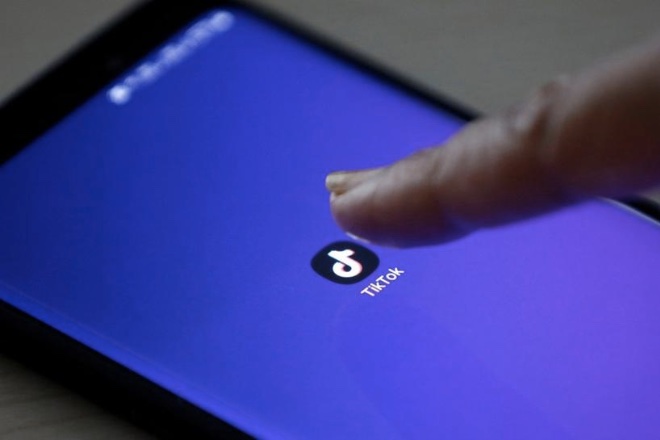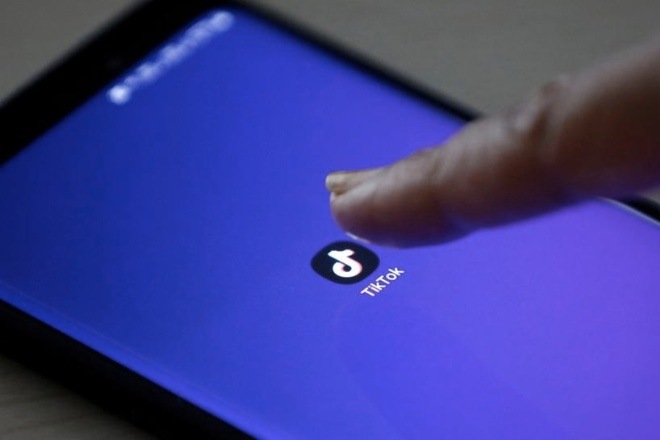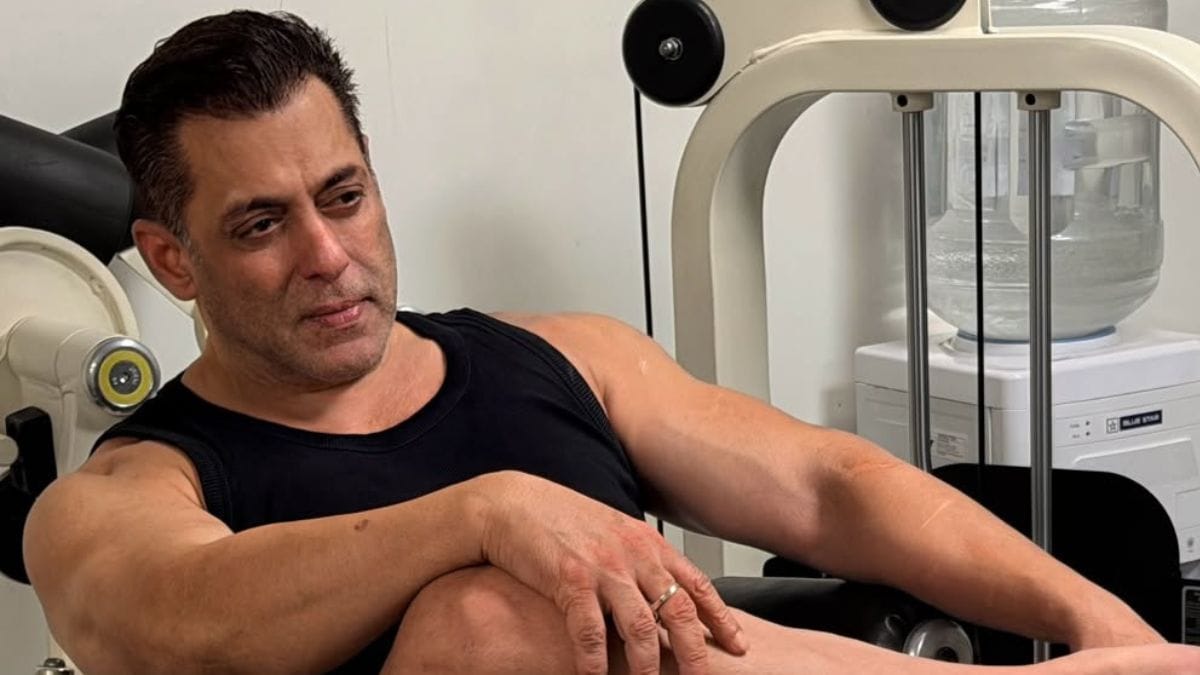
ByteDance, the company that owns the insanely popular TikTok, is expanding its business across regions but it’s not just the markets that the Chinese company has its eyes set on. ByteDance is working on its own smartphone now, as per a Financial Times report. With the company’s hardware plans, its apps may reach more users, possibly without restrictions that many countries have recently imposed, including India.
According to the report, citing two unnamed sources, ByteDance’s smartphone will come preloaded with company’s many apps including the mighty TikTok, a news aggregator app called Jinri Toutiao, and the anticipated streaming service that will rival Spotify and Apple Music. Building a smartphone high on its own apps is said to be CEO Zhang Yiming’s dream, which he achieved partly while striking a deal with the phone maker Smartisan in January this year.
Smartisan is a Beijing-headquartered company that manufactures phones and accessories. As per the terms of the deal between ByteDance and Smartisan, a chunk of the latter’s patent portfolio is shared with the former along with the migration of some employees to spearhead the new venture. The report talks about ByteDance’s claims that the newly-hired resources will help it “explore the education business”. But the company is seemingly leveraging the pool to grow its commercial offshoots.
The causes behind ByteDance’s immediate plans to venture into hardware business are not given in the report, such as what the phone will look like and the targeted market for it. But, that being said, the report underscores the biggest concern Chinese companies are fearing at the time – the US trade clampdown that has hampered Huawei’s ties with major companies that will ultimately affect its global business. ByteDance is maybe enacting its backup plan before the cognisance of the Chinese software companies is brought under the US crackdown.
TikTok, its most popular app that happens to outdo the apps from many big companies in terms of download numbers, had come under the scanner in India for propagating questionable material among the users. The video-sharing platform was accused of serving as a medium for the spread of pornographic content. The Madras High Court had ordered that app be blocked from the app marketplaces on Android and iOS. Later, the company provided the Supreme Court with the argument that it is rolling out technology to prevent the exchange of porn on the platform.







